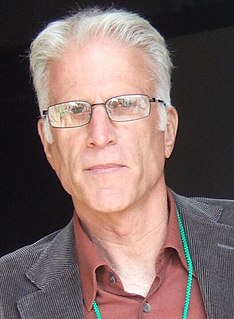A Quote by Peter Coyote
In 1972, Texaco Oil Company, in partnership with PetroEcuador, the state-run oil company of Ecuador, began to drill for oil in the jungles of the Ecuadorian Amazon.
Related Quotes
Some years ago one oil company bought a fertilizer company, and every other major oil company practically ran out and bought a fertilizer company. And there was no more damned reason for all these oil companies to buy fertilizer companies, but they didn't know exactly what to do, and if Exxon was doing it, it was good enough for Mobil and vice versa.
I've been saying for a long time, and I think you'll agree, because I said it to you once, had we taken the oil - and we should have taken the oil - ISIS would not have been able to form either, because the oil was their primary source of income. And now they have the oil all over the place, including the oil - a lot of the oil in Libya, which was another one of her disasters.
The oil industry is a stunning example of how science, technology, and mass production can divert an entire group of companies from their main task. ... No oil company gets as excited about the customers in its own backyard as about the oil in the Sahara Desert. ... But the truth is, it seems to me, that the industry begins with the needs of the customer for its products. From that primal position its definition moves steadily back stream to areas of progressively lesser importance until it finally comes to rest at the search for oil.
Speaking about our largest oil company Rosneft, and I recalled in the beginning that almost 20 percent of it [19.7] belongs to BP. Who's company is that? British Petroleum, isn't it? I suppose that is not bad. I have to tell that British Petroleum's capitalization is significantly related to the fact that it owns more than 19 percent of Rosneft, which has vast oil reserves both in Russia and abroad. This has its impact on the company's stability as well.



































